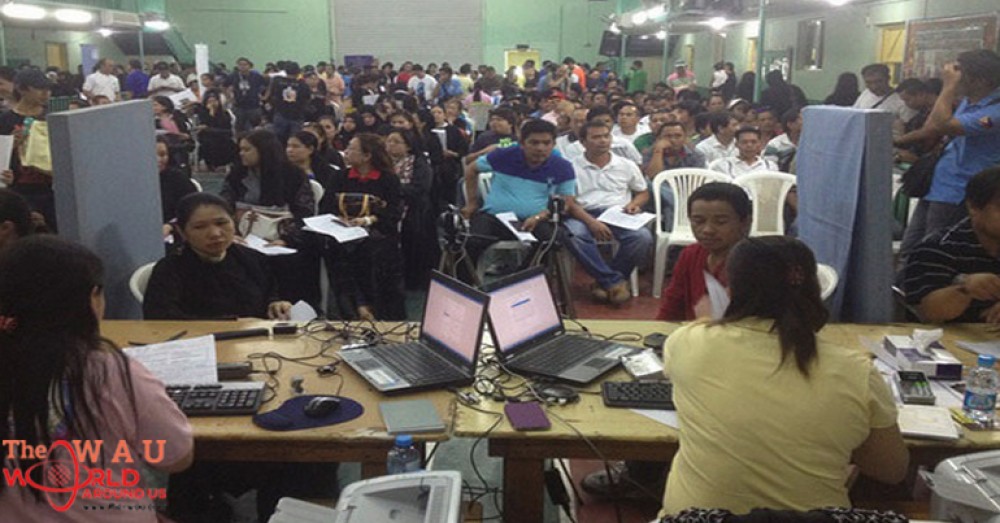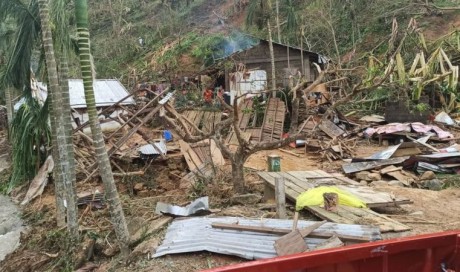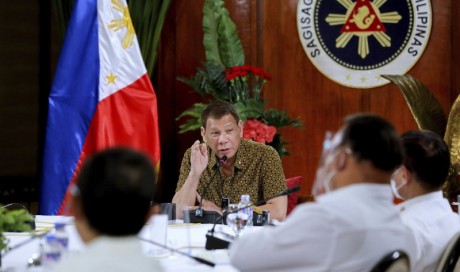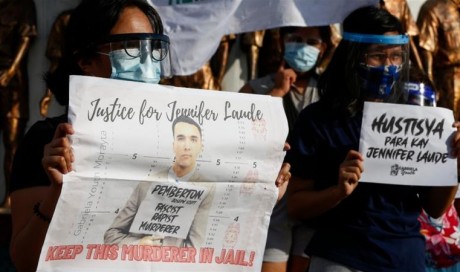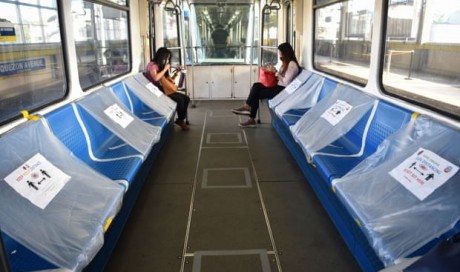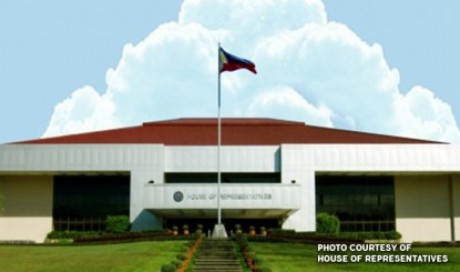Saudi Arabia is the biggest foreign employer of Filipino workers. From the first wave of engineers who arrived in the Kingdom in early 1970s, there are now about 1.5 million Filipinos currently employed in Saudi Arabia. Saudi Arabian embassy in the Philippines process between 800 and 1,000 jobs for Filipinos every day.
ilipinos are employed as medical professionals, automotive technicians, construction workers, engineers, petroleum operations and domestic workers. Yet despite Saudi Arabia’s popularity as OFW destination, there are plenty of challenges awaiting every Filipino arriving in the oil-rich state.
1. Extreme weather
Saudi Arabia’s weather is characterized as “harsh, dry desert with great temperature extremes”. Summer temperatures in the 40s is the norm but occasionally shoot in the 50s as well. Even for Filipinos who are used to tropical climate, this harsh environment poses health risk more than just annoyance. The lack of humidity also makes winter months considerably cold.
2. Employer abuse: delayed wages
A tale goes about a 26-year-old Egyptian worker who became desperate after six months of hard work with no pay and denied by employer to go home. He climbed up to the top floor of his apartment and threatened to end his life. While police officers successfully convinced him to reconsider his deadly plan, he was soon arrested and detained, just like thousands of those who take the same route out of desperation. Filipino workers, notably those who are stay-in household workers suffer the same fate, desperately reaching out to social media to get their labor rights respected.
3. Distance between workers and Philippine consulate/embassy
Saudi Arabia is more than seven times as large as the Philippines in terms of land area. But with land-based Filipinos spread across strategic work sites, many of them find it challenging to reach Philippine posts in Riyadh or Jeddah to follow up passport renewals or file complaints. Ocassionally, outreach programs are held but with the number of Filipinos in need of consular assistance, such becomes a daunting task with limited resources allocated.
4. Low wages
Even when the Philippines signed an agreement with Saudi Arabia on domestic worker working arrangement, many helpers claim their wages are below the government mandated rates.
5. Strict Sharia laws
Unlike more tolerant governments in neighboring states, Saudi Arabia imposes strict laws. While some of them serve as deterrents (punishment for rape ranges from jail term and heavy fines to beheading) others are equivalent to restriction of religious freedom. For example, possession of Bibles and religious symbols is prohibited and gathering of non-Muslim religious groups is subject to harsh punishments. Even certain baby names are disallowed.
6. Homesickness
Just like anywhere else, OFWs in Saudi Arabia feel homesick not only because of their distance from their families but also plenty of things are not accessible such as eating of pork delicacies and consumption of liquor on most premises.
7. Employer abuse: physical and emotional
In many cases Filipinos have become victims of various forms of abuse in Saudi Arabia. A 13-year-old Filipina victim of human trafficking suffered horrific burns after she was scaled by her employer. Even Filipinos are not spared.
8. Tight airport restrictions.
Seemingly arbitrary inspections make Filipinos and other travelers to Saudi Arabia feel nervous. Bringing sexy or nude photos or videos through electronic devices can lead to confiscation of gadgets or possibly heavier fines. Use of bootleg software is also subject to penalties. While this regulation is normally implemented across airports globally, the extra layer of security check can easily make a weary traveler worry more.
Share This Post

